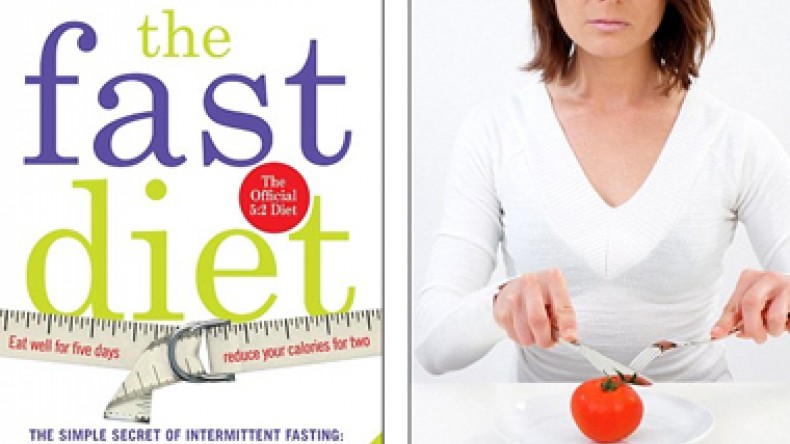
‘Feast and famine' does help you live longer - as long as you stay away from superfoods
The 5:2 diet claims to not only help people lose weight, but also guard against diseases including cancer, diabetes and Alzheimer's.
Created by scientist Michael Mosley, it involves women reducing their calorie intake to 500 for two days a week, and men to 600 calories. The rest of the time, they can eat normally.
Now a new study argues that the health benefits of 5:2 also exist when someone sticks to a 'feast and famine' diet, eating far more than they would one day and fasting another, the Daily Mail reports.
But the health benefits of the diet only appear if people don't increase their intake of antioxidants, which can be found in high doses in superfoods such as chokeberries, as well as vitamin C and vitamin E supplements.
During a three-week period, 24 participants alternated one day of eating 25 per cent of their daily caloric intake with one day of eating 175 per cent of their daily caloric intake.
The study by the University of Florida measured the participants' changes in weight, blood pressure, heart rate and glucose levels over 10 weeks.
They also looked at cholesterol, markers of inflammation and genes involved in protective cell responses.
'We found that intermittent fasting caused a slight increase to SIRT 3, a well-known gene that promotes longevity and is involved in protective cell responses,' said Michael Guo, a co-author at Harvard Medical School.
Newsfeed
Videos






























